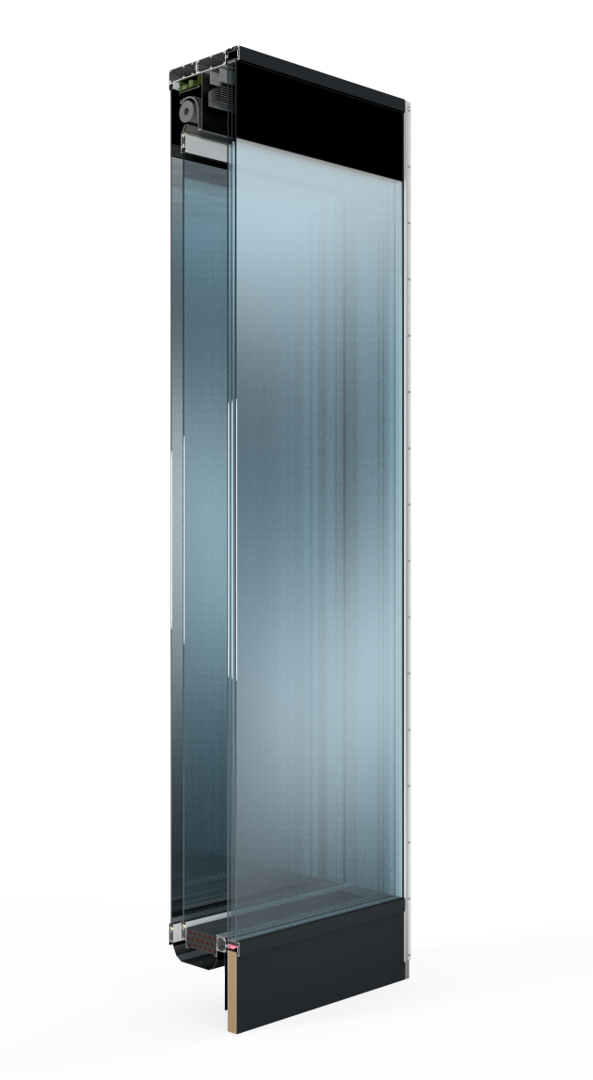The challenge for office concepts of the future is to enable flexible usage scenarios with a high level of comfort as well as economical and sustainable building operations. The Institute of Energy Efficiency and Sustainable Building (E3D) at RWTH Aachen University and the Alois Müller Group have identified and evaluated relevant requirements. A high potential is seen for the use of HyWin, an integration of building facade and technical building equipment, for intelligent room conditioning.
Office concepts in Germany are changing. Not just since the coronavirus pandemic, but accelerated by it. It is difficult to predict exactly how office concepts will change. Scientists from the Institute of Energy Efficiency and Sustainable Building (E3D) at RWTH Aachen University see a challenge in reconciling economic efficiency, sustainability, health and well-being and designing future-proof office concepts based on this. “We are seeing a trend towards more flexible organization, work and office concepts that adapt to employees and teams and focus on their comfort,” explains Anna Langenbeck (E3D). While the workplace directive in Germany in particular formulates minimum requirements for office workplaces, the comfort requirements of employees place higher demands on buildings and office spaces. In addition to temperature and lighting, the relative humidity and CO2 content of the air, the air speed of any ventilation system and the noise level in the room also have an influence on employee comfort. “Individual adjustment options depending on the activity or group of people in the rooms are important,” emphasizes Dr. Marc Syndicus (E3D). In general, thermal comfort is perceived most strongly, alongside air quality, visual comfort and acoustic comfort.

HyWin, the compact, double-skin glass facade solution, enables sustainable and comfortable room conditioning. Room temperature, air exchange, relative humidity as well as daylight, glare and views can be controlled directly via integrated components for shading, heating, cooling and optional ventilation. “The integration of the building facade and technical building equipment in combination with the smart control system allows precise room conditioning at all times,” explains Marlon Kächele, responsible for the control development of HyWin within the Alois Müller Group. Prof. Christoph van Treeck (E3D) adds how important new solutions are for office con-cepts of the future. “Comfort, sustainability and cost-effectiveness must go hand in hand in the future.” Modern, integrative façade solutions are proving to be promising approaches in this regard, allowing targeted and intelligent control of the influencing factors in the office of the future.

HyWin not only raises efficiency potential during operation. Prefabrication as a facade module with integrated technical building equipment also enables a significant reduction in construction times and a high standard of quality. “In times of a shortage of skilled workers, modularization is the key to the construction of the future,” emphasizes Dr. Dennis Bauer, who is responsible for HyWin development within the Alois Müller Group.
